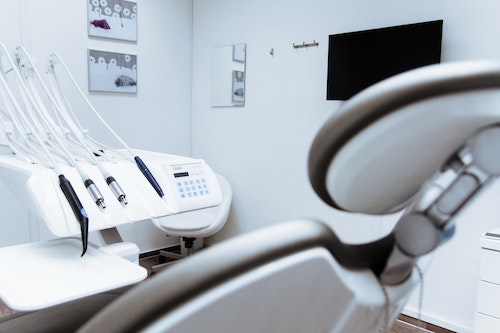The Preparedness and Response of European Health Systems
The COVID-19 pandemic has undoubtedly put a strain on health systems worldwide. In Europe, the impact has been particularly significant, with health professionals, policymakers, and concerned citizens collectively working towards tackling this unprecedented challenge. In this article, we will explore the preparedness and response of European health systems, shedding light on their strengths and areas that require attention.
Introduction: The Importance of Preparedness
Preparedness is crucial in effectively responding to crises, and health systems play a vital role in this endeavor. In Europe, where healthcare is largely publicly funded, the responsibility falls on health professionals and policymakers to ensure adequate readiness for unforeseen circumstances, such as a pandemic.
Strengthening Healthcare Infrastructures
The backbone of any health system lies in its infrastructure. European countries boast extensive healthcare networks, with well-established hospitals, clinics, and research centers. This infrastructure forms a solid foundation for effectively responding to emergencies.
However, it is essential to continuously evaluate and improve this infrastructure to meet the dynamic demands of public health emergencies. Investments in expanding hospital capacities, enhancing laboratory facilities, and strengthening the supply chain for critical medical equipment and supplies are crucial steps in this process.
Timely Management of Outbreaks
The ability to detect and manage outbreaks promptly is crucial in limiting the spread of diseases. European health systems have demonstrated commendable efforts in this aspect, particularly during the COVID-19 pandemic. Early implementation of robust testing strategies, contact tracing, and isolation measures have proven effective in flattening the curve and reducing the burden on healthcare facilities.
Nevertheless, to improve responsiveness, there is a need to enhance surveillance systems and ensure real-time sharing of data across borders. This will enable early detection and collaborative action, mitigating the impact of future outbreaks.
Protecting and Supporting Health Professionals
Health professionals are at the forefront of crisis response, facing immense pressure and personal risk. The commitment and dedication shown by European healthcare workers during the pandemic deserve tremendous appreciation. However, their well-being must remain a priority, as exhausted and overburdened professionals are more susceptible to burnout and potential reductions in the quality of care provided.
Regular assessments of healthcare workforce needs, ensuring an adequate supply of personal protective equipment (PPE), and providing mental health support programs are vital to safeguard health professionals and maintain a robust response during times of crisis.
Collaboration and Solidarity in Times of Crisis
The COVID-19 pandemic has highlighted the importance of collaboration and solidarity among European countries. Health systems across the continent have come together to share experiences, resources, and expertise, transcending borders and promoting collective preparedness.
International organizations, such as the World Health Organization, play a crucial role in facilitating this collaboration. Policies that support information sharing, joint research projects, and mutual support in times of crisis are essential to building a resilient European health system.
Learning from the Challenges Faced
No health system is perfect, and the ongoing pandemic has brought forth several challenges that require attention. Europe must reflect on these challenges to improve preparedness for future crises.
One such challenge is the need to strengthen primary healthcare systems. Robust primary healthcare ensures that people have access to essential healthcare services and early intervention, reducing the burden on hospitals during emergencies.
Addressing health inequalities is another critical aspect. Vulnerable populations, including minorities and marginalized communities, have been disproportionately affected by the pandemic. Tackling these inequalities through targeted interventions will not only improve preparedness but also contribute to overall health system resilience.
Conclusion: Embracing Preparedness for a Resilient Future
European health systems have demonstrated commendable preparedness and response capabilities during the COVID-19 pandemic. Strengthened healthcare infrastructure, timely outbreak management, support for health professionals, and collaborative efforts across borders have all played critical roles.
Moving forward, continuous investment in infrastructure, fortifying surveillance systems, and prioritizing the well-being of health professionals will be essential in maintaining preparedness. By learning from the challenges faced, Europe can build a more resilient health system, better equipped to tackle future crises and safeguard the health and well-being of its citizens.
Note: This article is based on the response to the COVID-19 pandemic. The effectiveness of health systems’ preparedness and response may vary based on the specific context and nature of different public health emergencies.



